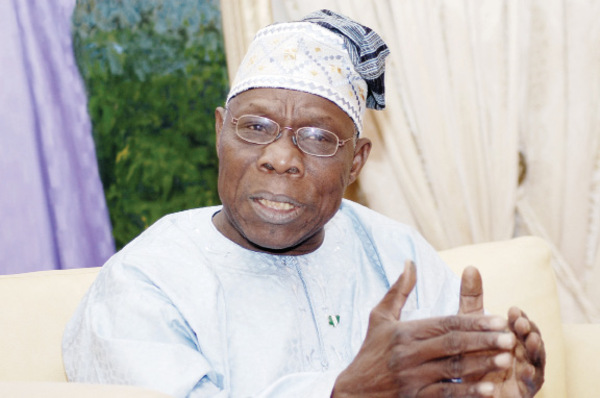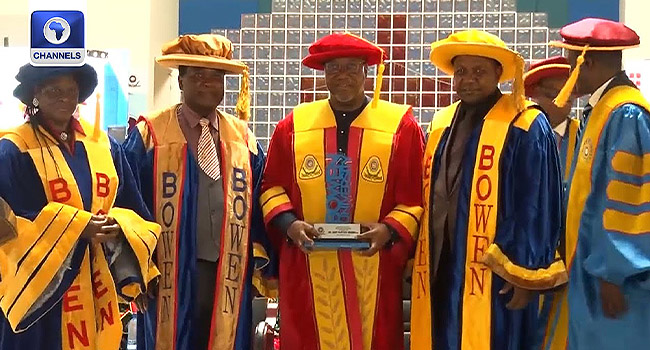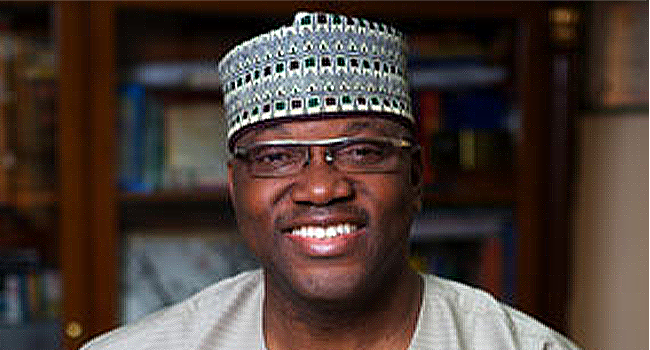Former President, Olusegun Obasanjo on Tuesday said that fighting corruption in Nigeria is not a one night affair.
In an interview with a UK newspaper, theguardian, Mr Obasanjo told the reporter interviewing him that instead of saying Nigerian leaders lack accountability, he should say they are corrupt.
“You are being euphemistic when you say lack of accountability. Call it corruption,” he said.
“There is no part of the world where corruption is absolutely eliminated. But [in other countries] that corruption has not been a way of life. When you are found, you are dealt with. And that’s what we need.”
Mr Obasanjo was in the UK to promote investment in Nigeria.
“Fighting corruption is not a one-night affair,” the former president, who made fighting graft a significant element of his manifesto ahead of his election in 1999, said.
“The givers of most of the corruption in Africa are from outside Africa,” he said. “They do in Africa, [things] they would not do in their own countries. In my part of the world, we have a saying that the man who carries a pot of palm oil from the ceiling is not the only thief. He has an accomplice in the man who helps him to bring it down. The giver and the taker are criminals, and they should be treated as such.”
The former present who is working as a roving ambassador, facilitating firms’ entry into Nigeria and the rest of Africa said he believes that positive examples of business success will encourage avaricious minds to look for more legitimate routes to wealth.
“I still believe in the opportunities that Africa affords to make legitimate money,” he says. “Africa is one place I believe that if you are courageous enough, you get the money, you can invest and get 25% return on your investment annually. There aren’t many places in the world where you can get that return.”
A corrupt nation
In 1999, Transparency International Corruption Perception Index rated Nigeria the second most corrupt nation in the world.
Successive democratic government have since 1999 attempted to fight corruption in Nigeria. Following his election as president, Mr Obasanjo established the Economic and Financial Crimes Commission (EFCC) and the Independent Corrupt Practices and Other Related Offences Commission (ICPC) in a bid to halt corruption.
Despite the efforts of these agencies, corruption continued abated in Nigeria.
In a country ranked 143 in the world on the Transparency International corruption perception index, civil society fights a perennial battle with institutionalised corruption, which has led to some officials – including some of Nigeria’s extraordinarily influential state governors – becoming dollar billionaires.
One, James Ibori, a former governor of Delta State, was convicted this year of embezzling £150m and jailed for 13 years. Ibori, whose annual state salary of less than $25,000 (£16,000) was bolstered by the systematic theft of state funds, built up a portfolio of luxury cars and properties in the UK, US and South Africa.
Timipre Sylva, the former governor of Bayelsa State, was arraigned this month by the EFCC on charges including fraud and money laundering.
Since 2009, the crusading central bank governor, Lamido Sanusi, has had some success in cleaning out the banking sector, claiming high-profile scalps such as Cecilia Ibru, the former CEO of Oceanic Bank, who was jailed for fraud and mismanagement.
Arunma Oteh came in to head the Securities and Exchange Commission in 2010, attacking vested interests in the stock market. Ms Oteh had since been removed from office based on allegations that she abused her powers.





